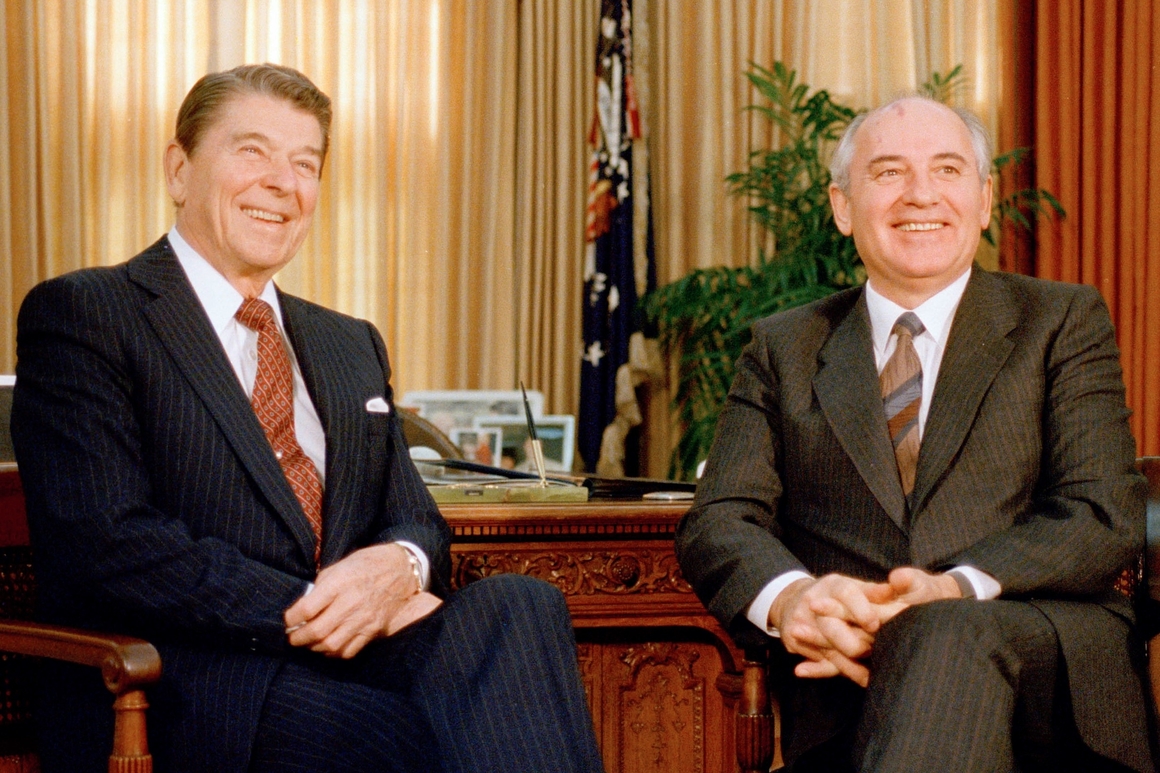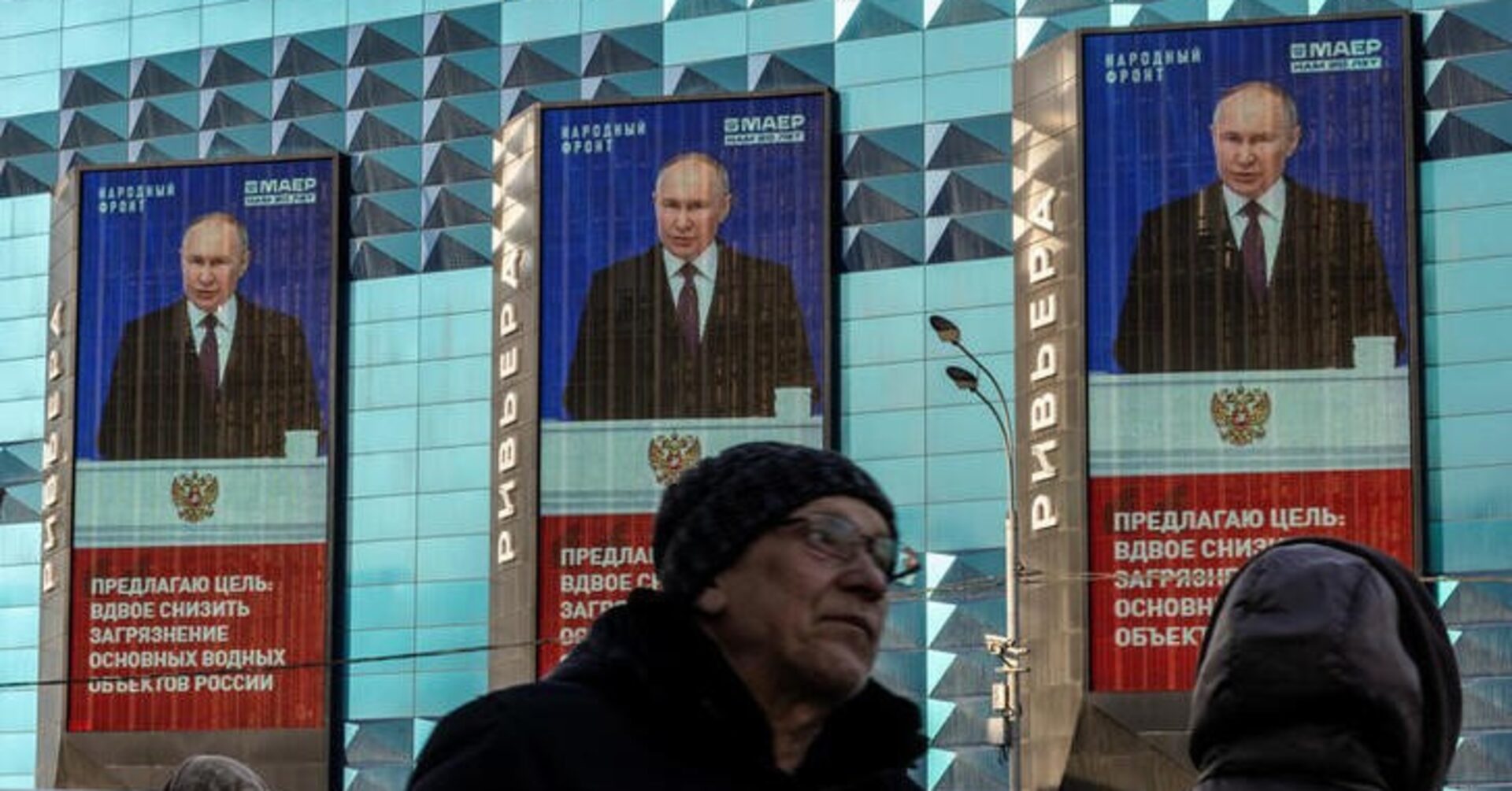Putin's War Economy: A Restructured Russia

Table of Contents
Sanctions and their Impact on the Russian Economy
The West's response to the invasion has been swift and comprehensive, imposing a wide range of sanctions designed to cripple the Russian economy and pressure the Kremlin to end the war.
The West's Sanctions Regime
The sanctions regime is multifaceted, targeting various sectors of the Russian economy. These include:
- Financial Sanctions: Freezing the assets of the Central Bank of Russia, restricting access to the SWIFT international payment system, and imposing sanctions on major Russian banks.
- Technological Sanctions: Restricting the export of crucial technologies used in various industries, including defense, energy, and manufacturing. This limits Russia's ability to modernize its economy and military.
- Trade Sanctions: Bans and tariffs on numerous goods, impacting Russia's ability to import essential goods and export its resources.
The intended impact of these sanctions was to severely restrict Russia's access to international finance and cripple its economy, thereby undermining its ability to wage war. However, the effectiveness has been mixed.
- Examples of Specific Sanctions: The freezing of assets held by the Central Bank of Russia significantly reduced its ability to support the ruble. Sanctions targeting specific oligarchs aimed to pressure the Kremlin through their financial networks. Trade sanctions on oil and gas aimed to limit Russia's revenue streams.
- Effectiveness and Loopholes: While sanctions have undoubtedly impacted the Russian economy, resulting in a decline in GDP and increased inflation, Russia has found ways to circumvent some restrictions. This includes increased reliance on alternative trade routes and partners.
- Data on Economic Decline: Data from the IMF and other international organizations show a significant contraction in Russia's GDP following the imposition of sanctions. The ruble experienced considerable volatility initially but has since stabilized, partly due to government intervention. Inflation has also surged.
Russia's Response to Sanctions
Faced with unprecedented sanctions, Russia has implemented a range of countermeasures:
-
Import Substitution: Russia has actively pursued import substitution strategies, attempting to replace goods and technologies previously imported from the West. This includes boosting domestic production of various goods, from food to electronics.
-
Increased Reliance on Asian Partners: Russia has sought to deepen its economic ties with countries like China and India, finding alternative markets for its energy exports and sources for imported goods.
-
Circumventing Sanctions: Russia has actively worked to circumvent sanctions through various means, including using shell companies and exploiting loopholes in the sanctions regime.
-
Examples of Successful Import Substitution: Some sectors have shown a degree of success in replacing imports, particularly in agriculture and basic manufacturing.
-
Challenges and Limitations: The success of import substitution remains limited. Many advanced technologies are unavailable, hindering industrial development and modernization. Russia's reliance on Asian partners is also fraught with challenges, including potential unequal trade relationships.
-
Data on Trade Shifts: Russia's trade flows have significantly shifted, with a notable increase in trade with countries in Asia, but overall trade volume has decreased.
Military Industrial Complex Expansion
The war in Ukraine has led to a dramatic expansion of Russia's military-industrial complex.
Increased Military Spending
Russia's military spending has surged significantly since the start of the conflict.
- Statistics on Increased Defense Spending: The exact figures are debated, but it's clear that a significant portion of Russia's budget is now devoted to military spending, diverting resources from other sectors.
- Resource Allocation Shifts: This increased military spending has led to a shift in resource allocation, potentially impacting investments in healthcare, education, and infrastructure.
- Impact on Long-Term Economic Growth: The focus on military production at the expense of other sectors could negatively impact Russia's long-term economic growth potential.
Mobilization and its Economic Consequences
The partial mobilization of Russian citizens for military service has had profound economic consequences.
- Impact on Various Sectors: Labor shortages in various sectors, from construction to agriculture and manufacturing, have disrupted production and economic activity.
- The Role of Forced Labor: Reports suggest the use of forced labor in some sectors, further impacting productivity and ethical considerations.
- Long-Term Implications for the Russian Workforce: The mobilization has had a significant impact on the Russian workforce, with long-term consequences for human capital and economic potential.
Resource Dependence and Energy Exports
Russia's economy remains heavily reliant on the export of natural resources, particularly energy.
The Role of Energy in the War Economy
Energy exports continue to be a significant source of revenue for Russia, even in the face of sanctions.
- Changes in Energy Export Destinations: Russia has shifted some of its energy exports towards Asian markets.
- Impact of Price Caps: The imposition of price caps on Russian oil has impacted its revenue streams, although the effect has been less severe than initially predicted.
- Securing New Energy Markets: Russia actively seeks to secure new energy markets, particularly in Asia and Africa.
Diversification Strategies and their Effectiveness
Russia has attempted to diversify its economy beyond energy exports, but with limited success.
- Examples of Diversification Efforts: The government has promoted various initiatives aimed at developing other sectors, but these efforts have been hampered by sanctions and other constraints.
- Limitations of Diversification: The deep-rooted dependence on energy exports persists, making the economy vulnerable to fluctuations in global energy prices and geopolitical developments.
- Persistence of Resource Dependence: Despite attempts at diversification, Russia remains heavily reliant on its natural resources, hindering its ability to build a more resilient and diversified economy.
Social and Economic Inequality
The war in Ukraine and the resulting economic sanctions have exacerbated social and economic inequality within Russia.
The Impact of the War on the Russian Population
The war has led to a decline in living standards for many Russians.
- Data on Poverty Rates: Poverty rates have increased, particularly among vulnerable populations.
- Inflation and its Impact: High inflation has eroded purchasing power, affecting the standard of living for a significant portion of the population.
- Impact on Different Socioeconomic Groups: The economic consequences of the war have disproportionately affected certain socioeconomic groups, widening the gap between the rich and the poor.
Government Control and Economic Repression
The Russian government has tightened its control over the economy, impacting private businesses.
- Examples of Government Intervention: Nationalization of companies and increased price controls have been observed, limiting market mechanisms.
- Impact on Market Efficiency: Increased government intervention has negatively impacted market efficiency and potentially stifled innovation.
- Implications for Future Economic Development: The increased state control could further hinder Russia's long-term economic development by reducing competition and innovation.
Conclusion
Putin's war economy is a complex and evolving phenomenon. While Russia has demonstrated a degree of resilience in the face of unprecedented sanctions, the long-term sustainability of this model remains highly questionable. The increased military spending, persistent resource dependence, and growing economic inequality pose significant risks to the Russian economy and society. Understanding the intricacies of Putin's war economy is crucial for comprehending the current geopolitical landscape and formulating effective responses. Further research into the effectiveness of sanctions, the adaptability of the Russian economy, and the long-term socio-economic impacts of the war is essential. For a deeper understanding of Putin's war economy and its evolving dynamics, continue your research using credible sources and stay informed about the latest developments.

Featured Posts
-
 Jefferson Secures Victory Over Musselman In Softball Showdown
May 29, 2025
Jefferson Secures Victory Over Musselman In Softball Showdown
May 29, 2025 -
 Analyzing Putins Prioritization Of War In Russias Economy
May 29, 2025
Analyzing Putins Prioritization Of War In Russias Economy
May 29, 2025 -
 Bring Her Back First Reactions Call Talk To Me Directors New Horror Movie Terrifying
May 29, 2025
Bring Her Back First Reactions Call Talk To Me Directors New Horror Movie Terrifying
May 29, 2025 -
 Moto Gp Qatar Sprint Mir Forced To Withdraw
May 29, 2025
Moto Gp Qatar Sprint Mir Forced To Withdraw
May 29, 2025 -
 Recul Du Ca De Nrj Group Au Premier Trimestre Analyse Des Resultats
May 29, 2025
Recul Du Ca De Nrj Group Au Premier Trimestre Analyse Des Resultats
May 29, 2025
